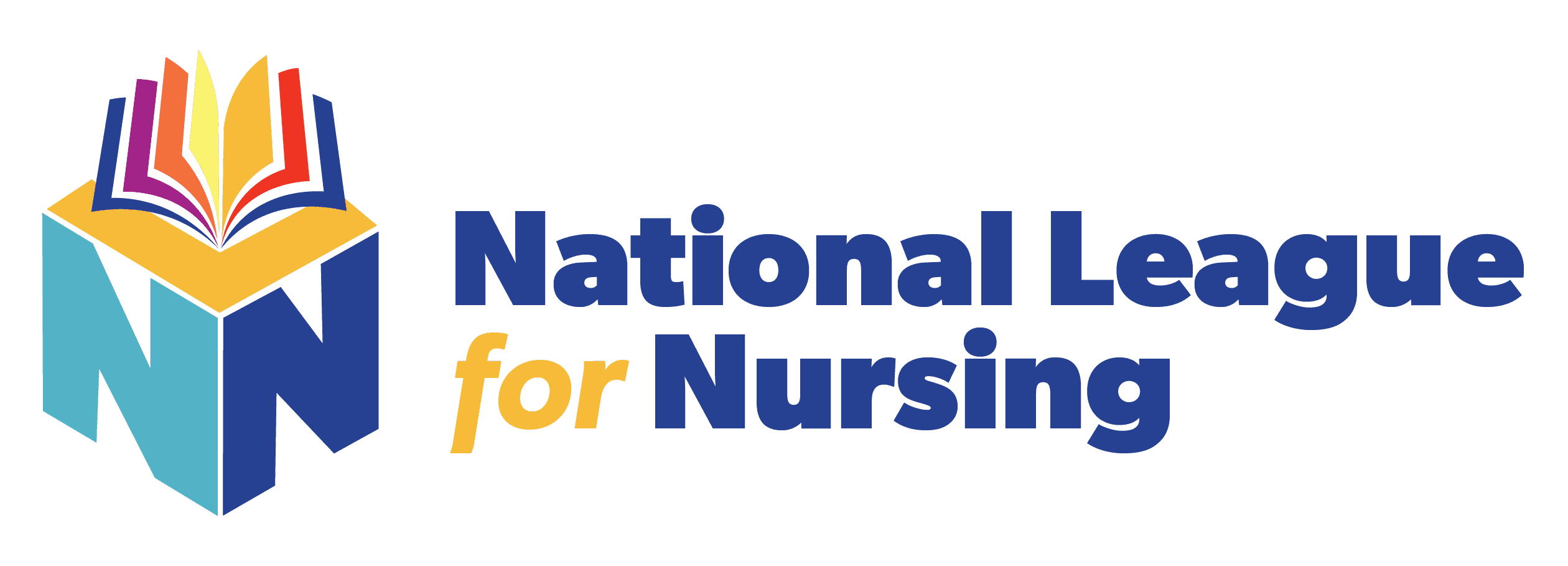|
Washington, DC, April 29, 2019 —
Since Lillian Ward, one the early founders of the National League for Nursing, connected nursing with a profound ethical mission to care for society’s most vulnerable and at-risk individuals, the League has been ahead of the curve in seeking to correct health inequity and disparities in health outcomes. Today, that core mission is embodied in the League’s newly published Vision Statement: Integration of the Social Determinants of Health into Nursing Education Curricula.
It has been widely acknowledged by leading national and global health experts that a host of socioeconomic factors—poverty; racial bias; substandard public education; food insecurity; lack of access to clean air and water—have a lifelong impact on health and can impede healing following medical treatment and wellbeing of entire communities. It is, therefore, vital for health professionals to fully appreciate that reality and accurately assess individual and community health conditions and needs.
Integration of the Social Determinants of Health into Nursing Education Curricula prescribes next steps for faculty, leadership in nursing education, and the National League for Nursing to achieve that goal. Among the recommendations for the League are the development of professional development programs and resources related to social determinants of health.
“Health is more than the absence of disease. Health begins from the minute we’re born and is affected by where we live, work, go to school, worship, and age,” said National League for Nursing President G. Rumay Alexander, EdD, RN, FAAN and professor and associate vice chancellor/chief diversity officer at the University of North Carolina-Chapel Hill. “Nurse educators responsible for preparing the next generation of nurses on the frontlines of caring for a diverse patient population must be sure their students have a deep understanding of the challenges posed by social determinants of health. To maximize positive health outcomes, nurses must be committed to battle health inequity with interventions to mitigate their impact.”
National League for Nursing CEO Beverly Malone, PhD, RN, FAAN said, “This NLN Vision Statement addresses the critical need at this time to incorporate social determinants of health into nursing education across the curricula on both the undergraduate and graduate levels. That content cannot be isolated in courses on community health if nursing is to fulfill its moral responsibility to advocate for social justice and decreasing health disparities. Complex data and concepts must be integrated in meaningful ways through innovative teaching strategies.”
To that end, over the past year the NLN has focused its Advancing Care Excellence series on the special needs of children, a vulnerable population whose health is significantly impacted by social and economic factors. With funding from the Hearst Foundations, the NLN expanded the series to include ACE.P (Advancing Care Excellence for Pediatrics) while offering resources that highlight the effects of social determinants of health on children and their families in community settings.
Resources offered by the NLN include compelling teaching strategies and simulated unfolding cases, as well as the ACE.P toolkit: Pediatric Adversity and Early Brain Development. The toolkit offers a concise way for faculty to learn about how adverse circumstances in childhood align with social determinants of health and provides an interactive guide to classroom-ready experiences and ideas for innovative approaches to the integration of novel content into existing nursing education curricula.
Read the complete text of Integration of the Social Determinants of Health into Nursing Education Curricula here. Find the ACE.P toolkit, Pediatric Adversity and Early Brain Development, here. For more entries in the NLN Vision Series, click here.
About the National League for Nursing
Dedicated to excellence in nursing, the National League for Nursing is the premier organization for nurse faculty and leaders in nursing education. The NLN offers professional development, networking opportunities, testing services, nursing research grants, and public policy initiatives to its 40,000 individual and 1,200 institutional members. NLN members represent nursing education programs across the spectrum of higher education, and health care organizations and agencies. Events | News Release Archive | NLN Press | NLN Vision Series (Position Statements)
Join the NLN's online community.
 |

